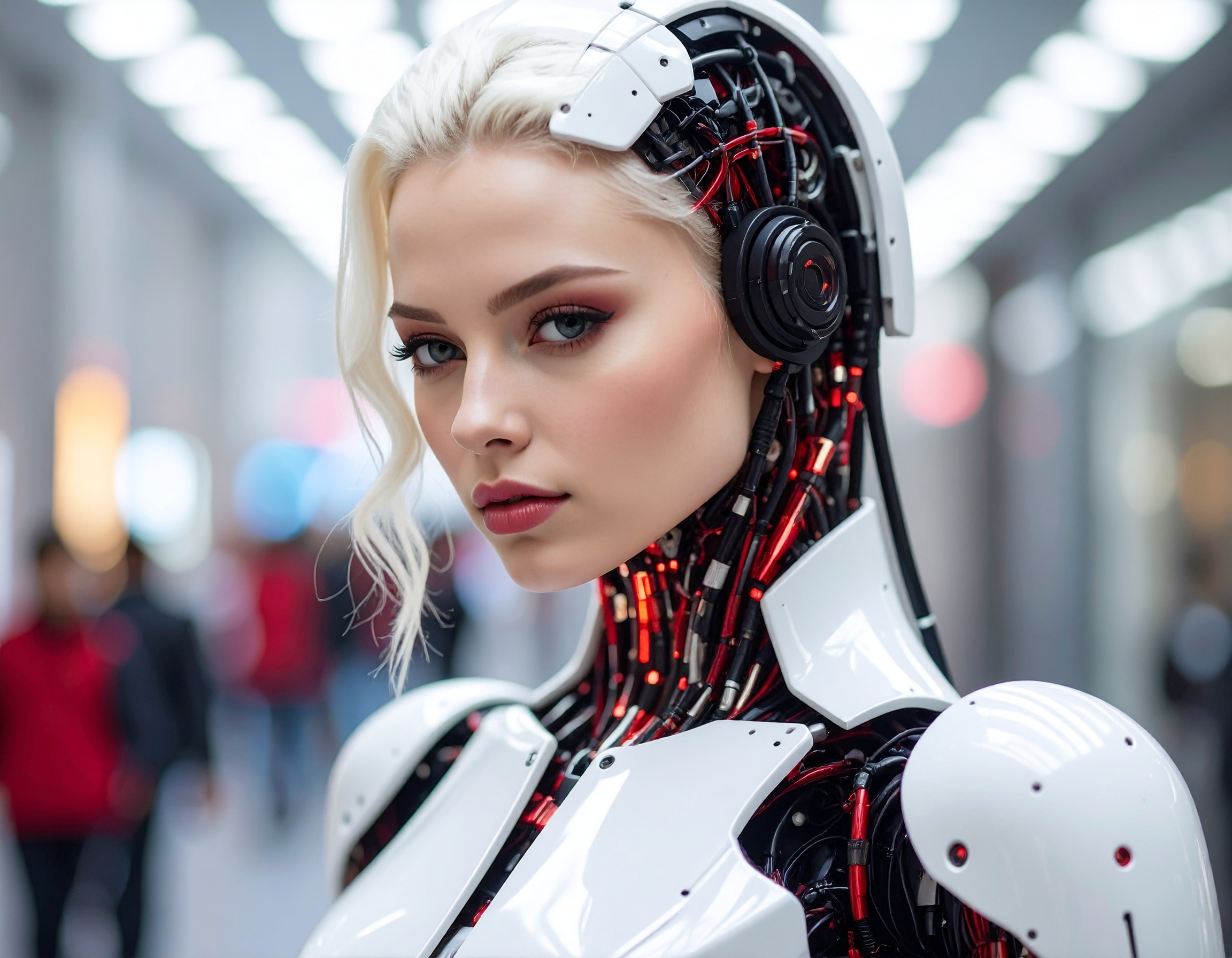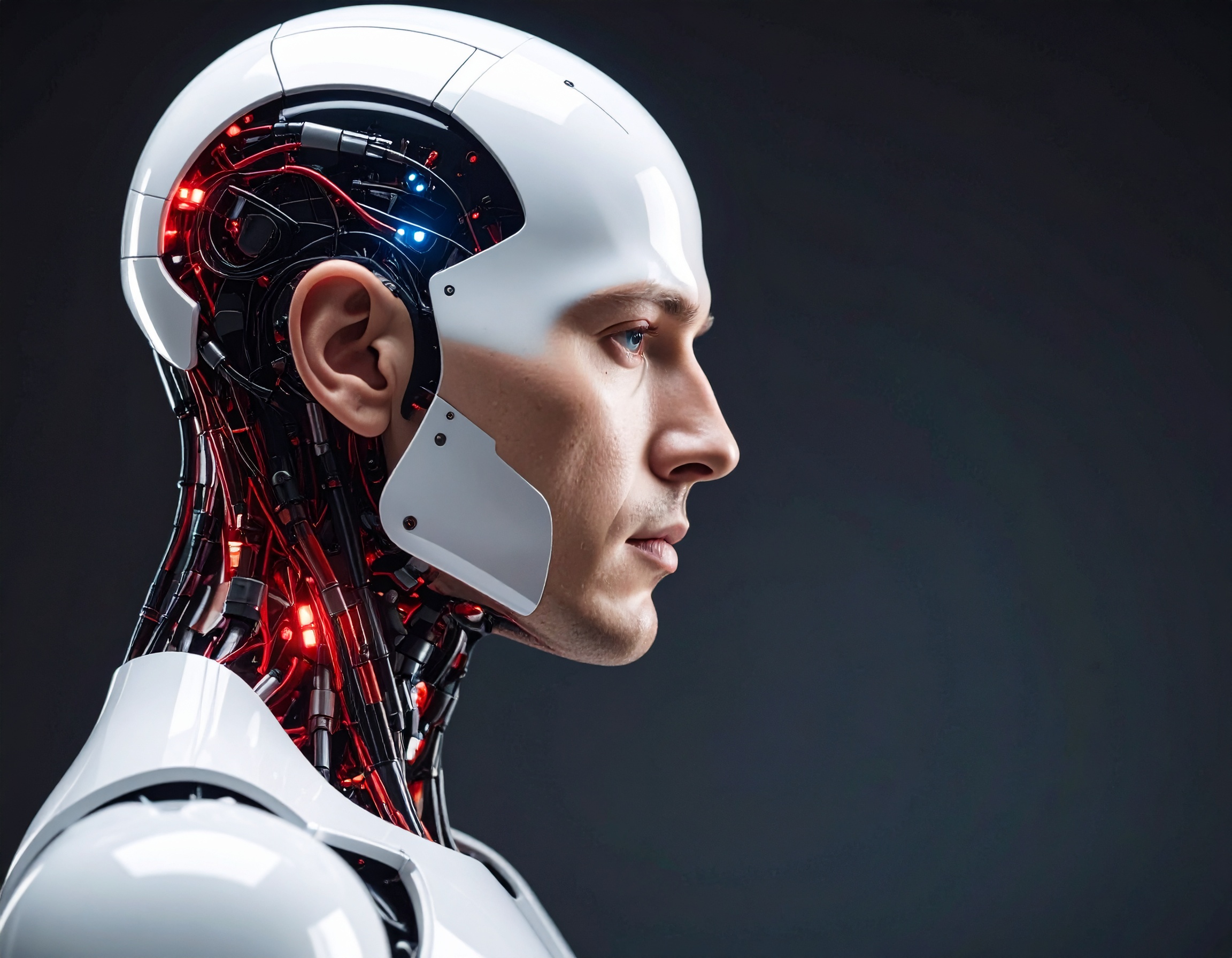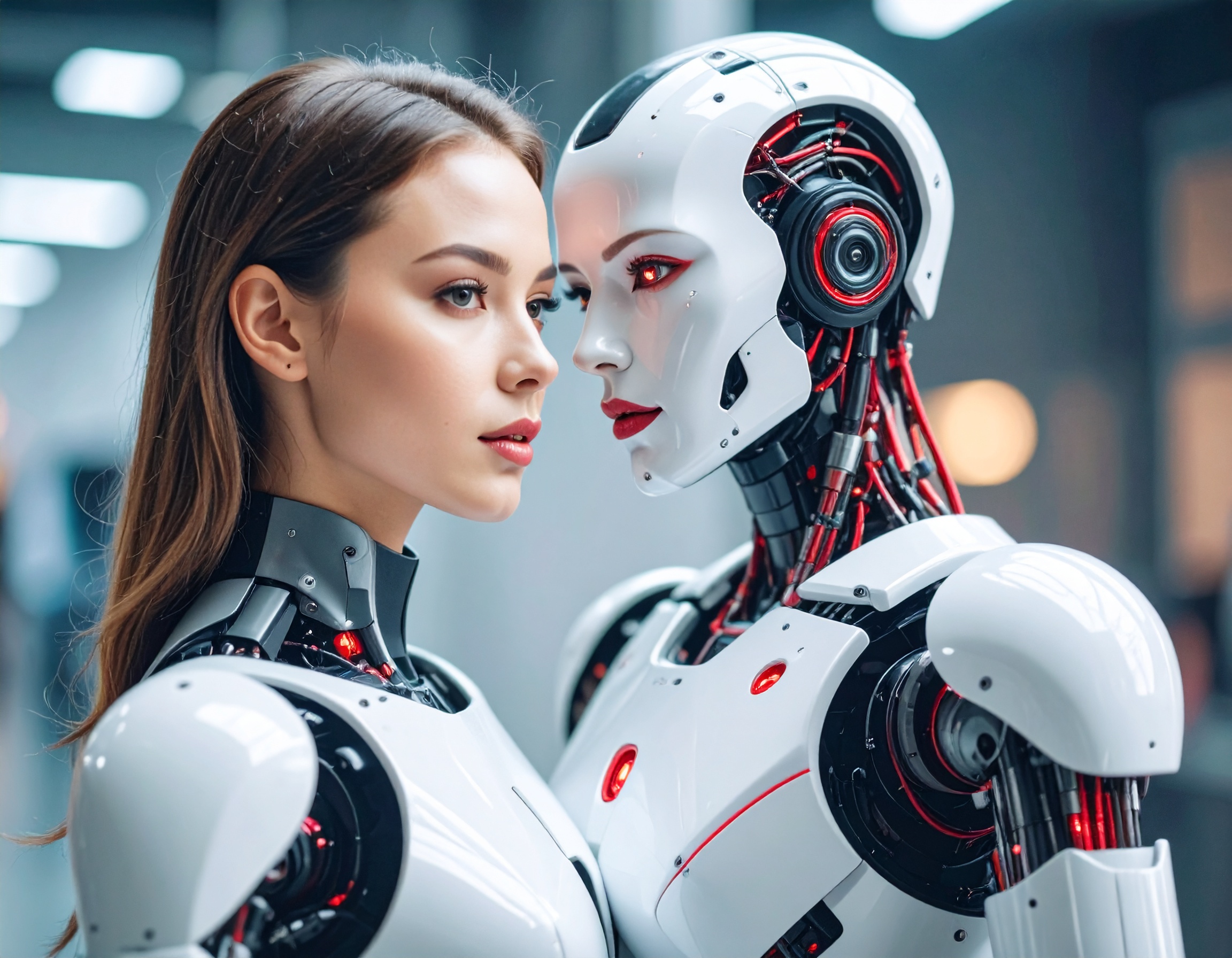Robots in Restaurants: When Digital Employees Meet Human Emotions

Aug. 13, 2024 - In recent years, the restaurant industry has been experimenting with automation, but the success of these Intelligent Agents and Non-Human Workers is tightly linked to human emotions. At a Denny’s in Long Beach, California, a robot named Lily is now helping servers by delivering trays of food, showing that while the technology is advanced, the human connection remains crucial.
Despite the rising labor costs and the growing sophistication of robots, their adoption in customer-facing roles highlights the emotional aspect of dining out. Studies reveal that customers prefer interactions with human chefs, believing they cook with love. However, when robots engage in friendly interactions, like a text chat, the preference for human cooks diminishes. This indicates that the emotional acceptance of Digital Employees will play a pivotal role in their integration into restaurants.
In the backend, robots are increasingly handling repetitive tasks, such as carrying heavy loads, which frees human workers to focus on more complex duties. Yet, the anxiety among employees about job replacement is real. This fear is exacerbated when management introduces automation without consulting staff. Companies like Bear Robotics have noted that robots excel at performing mundane tasks that employees are glad to offload, but the key to success lies in making the technology feel like an assistant rather than a replacement.
As automation in restaurants continues to evolve, the challenge will be balancing efficiency with the emotional needs of both customers and employees. While fully automated kitchens are still a distant reality, the industry is moving closer to integrating robots that assist rather than replace, ensuring that the human touch remains a vital part of the dining experience.
Key Highlights:
- Technology in Dining: Robots like "Lily" are being introduced in restaurants to assist with tasks like food delivery.
- Customer Emotions: Emotional connections are critical—customers prefer human chefs, but friendly interactions with robots can shift this preference.
- Employee Concerns: Workers feel anxious about job security when robots are introduced without their input.
- Automation Benefits: Robots excel at handling repetitive and mundane tasks, allowing human staff to focus on more complex roles.
- Future of Automation: The integration of robots in restaurants must balance efficiency with maintaining the human touch in dining experiences.
Reference:
https://www.nytimes.com/2024/08/13/dining/ai-robots-restaurants.html


